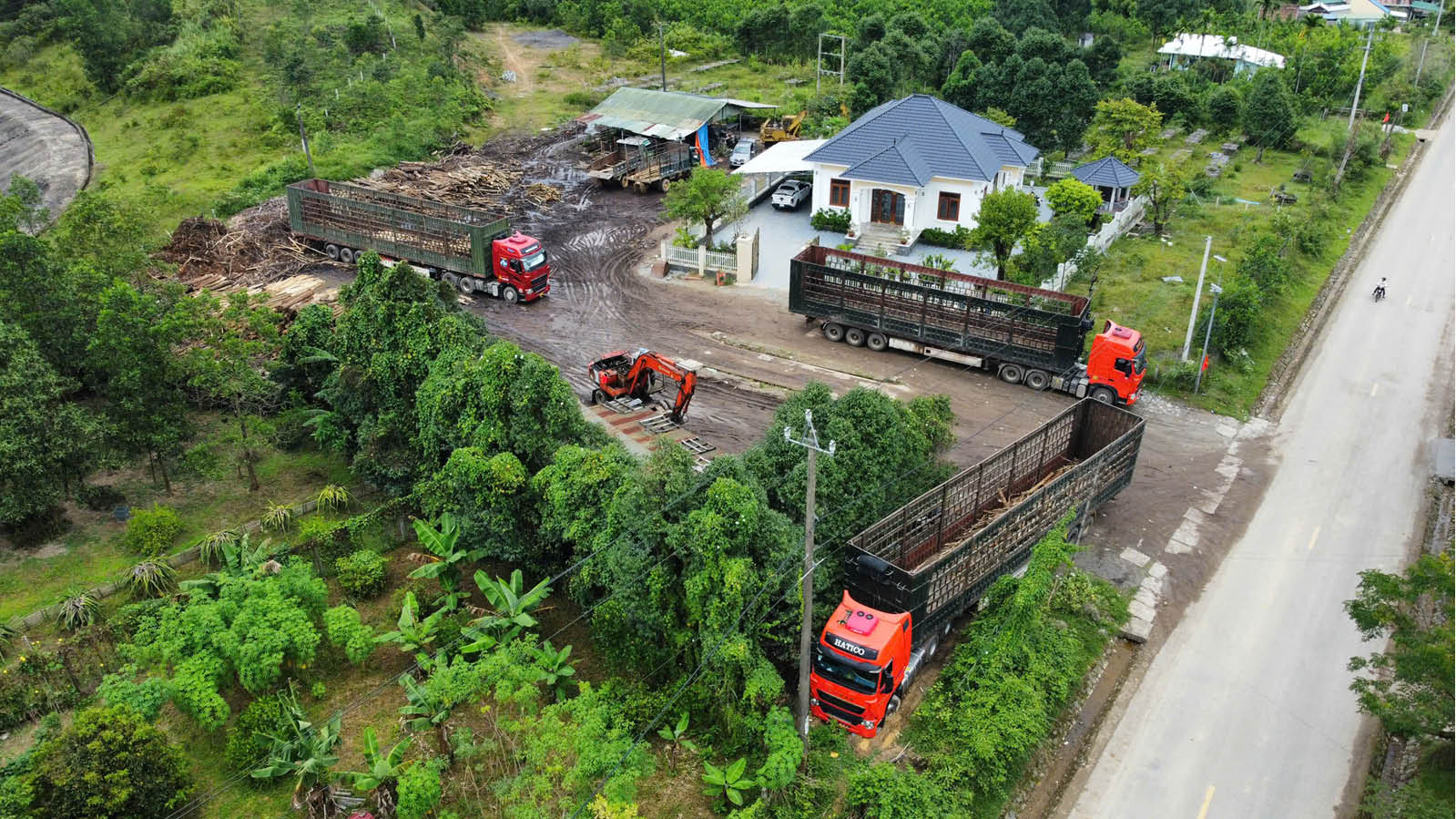 |
| The operation of weighing stations near national and provincial highways must ensure traffic safety. |
Unfair competition
Recently, ReNen Company Limited submitted a document to the People's Committee of Hue City on "Proposal to limit the licensing of wood purchasing stations in the old Nam Dong district". The project (DA) of the Energy Pellet Factory in the old Nam Dong district (now Khe Tre commune, Hue city) of ReNen Company Limited was granted Investment Policy Decision No. 2390/QD-UBND by the Provincial People's Committee (now the City People's Committee) on October 25, 2018; and was approved by the Provincial People's Committee (now the City People's Committee) on Adjusted Investment Policy No. 682/QD-UBND on April 1, 2021.
Mr. Ho Quoc Thinh, Director of ReNen Co., Ltd., said that ReNen Co., Ltd. is employing over 50 workers, mainly local people, of which 20-30% are ethnic minorities. The number of workers can increase to 70-100 people depending on the ability to meet raw materials for production. By directly producing and trading in the area, the company has really increased the value of acacia trees for the people. It is estimated that with an increased value of 3-5%, acacia growers in Nam Dong district (old) earn 7-10 billion VND/year more than before the factory. The factory also helps people convert forest waste to sell for money instead of having to burn it like before, contributing to reducing the risk of forest fires caused by burning the ground cover, by collecting it and selling it to the factory.
According to Mr. Ho Quoc Thinh, previously, the Provincial People's Committee (now the City People's Committee) had a policy of reasonably arranging production facilities for processing planted forest wood suitable for the raw material area. By placing the ReNen energy pellet factory in the old Nam Dong district, the city's departments and branches carefully calculated the ability to supply raw materials on site for the factory. With this reasonable planning, the State has helped people avoid the monopoly of enterprises, bringing about harmonious, fair and reasonable benefits; ensuring a healthy business environment and social order without the need for spontaneous, illegal small-scale wood purchasing stations, which pose a risk of traffic insecurity, environmental sanitation, and violations of land use laws.
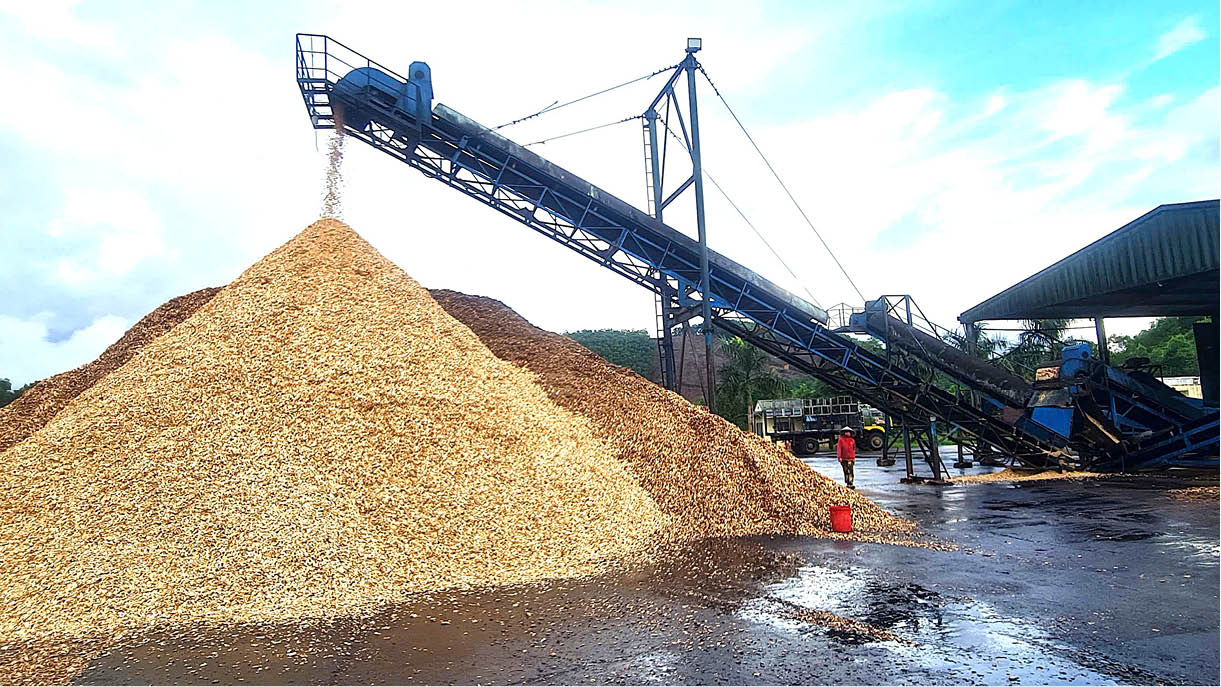 |
| Wood processing activities at the energy pellet factory in Khe Tre commune |
However, over the past 2 years, the company's production and business situation has been difficult, its budget contribution capacity has decreased significantly, and there is even a risk of having to close down due to a very basic reason: lack of raw materials.
Mr. Ho Quoc Thinh said that in the area, more and more weighing stations are springing up to buy illegally planted timber and transport it to other localities. Within a radius of 5km, there are up to 8 timber purchasing points and many more are preparing to be built. The common point of these purchasing facilities is that they do not ensure compliance with legal regulations on planning, conversion of land use purposes, traffic connections, etc. but still operate openly.
“The fact that glue weighing stations have sprung up so easily has really caused great difficulties for the factory. A factory with a scale of hundreds of billions of VND, modern technology from Europe, complying with legal regulations, creating jobs for local people, contributing tens of billions of VND to the state budget is now in a situation where it has to compete for raw materials with a series of illegal wood purchasing stations, paying taxes (if any) of less than 10 million VND per month. Small scale, simple investment, and the ability to move locations are huge advantages for illegal purchasing stations in competing for goods with the factory,” said Mr. Thinh.
A wood chip manufacturing and processing enterprise in Phu Loc also made a comparison: For every 100 million VND of acacia wood purchased, the factory creates a tax value of around 10 million VND (10% VAT) to contribute to the state budget, while the same amount of wood entering the weighing station, the tax paid is around 100-200 thousand VND.
Therefore, in order for the factory to maintain operations, maintain jobs for the labor force, continue to bring practical benefits to acacia growers in the area..., and continue to contribute to the state budget, a number of businesses operating in this field have proposed that the City People's Committee adopt a policy of limiting the licensing of acacia weighing stations, controlling illegal weighing stations to create a balance between supply and demand, and creating a fair environment for businesses to operate production and business according to the strategic orientation and planning vision of the City People's Committee.
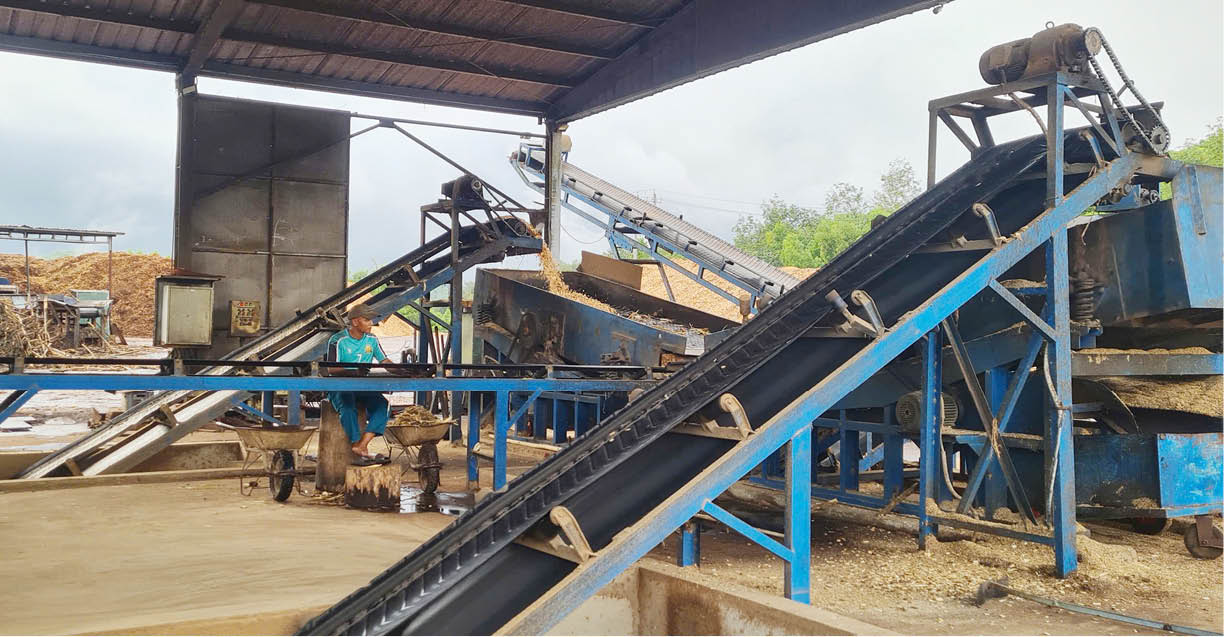 |
| The energy pellet factory in Khe Tre commune has difficulty finding raw materials due to the proliferation of wood weighing stations in the communes of the Nam Dong region. |
Put into framework
The business of purchasing acacia is a conditional business. However, the survey shows that the legal regulations are almost “late” when these weighing stations have been in operation for many years.
Mr. Hoang Ngoc Hoa, Vice Chairman of Phong Thai Ward People's Committee, said that in the ward, there are 5 acacia purchasing facilities with load scales located on provincial roads and roads managed by the Ward People's Committee and mainly implemented on residential land, resettlement land, warehouses and camps. In the old Phong Son commune (now Phong Thai ward), there are about 5,367 hectares of production forest, people's income mainly depends on agriculture , opening acacia purchasing facilities with weighing stations creates jobs for people. However, the owners of the facilities have not yet converted the land use purpose in accordance with the law, and have not ensured legal procedures on land use.
In September 2025, the interdisciplinary inspection team handling violations of construction order and urban order, Phong Thai ward had a working record with two acacia purchasing facilities with load scales at Co Bi 3 Residential Area and Son Qua Residential Area and requested to stop the operation of these weighing stations. In particular, the weighing station at Co Bi 3 Residential Area is located on Provincial Road 11B and has not been licensed for traffic connection by the Department of Construction. The location of the weighing station is on land lot No. 151, map sheet No. 65 in Phong Son commune (old) with an area of more than 1,234m2 of residential land owned by Mr. Ha Thuc Hong. This individual household has not yet prepared a multi-purpose land use plan to submit to competent authorities for approval.
“To bring the timber purchasing points into line, the Ward People's Committee will continue to inspect and guide the procedures so that the weighing stations operate in accordance with the provisions of the law. At the same time, a working group will be established to review the purchasing of raw materials when they do not meet the conditions prescribed by law, guide businesses to convert land use purposes in accordance with regulations and resolutely handle violations in the purchasing of acacia in the locality,” said Mr. Hoa.
Meanwhile, in the old Nam Dong and A Luoi districts, a series of owners of acacia purchasing facilities have been guided by the local authorities to establish and approve multi-purpose land use plans as well as to grant business licenses and traffic connections after being in operation for many years. Mr. Cao Be, Vice Chairman of the People's Committee of Nam Dong commune, informed that there are 4 acacia weighing stations in the area that are operating and completing procedures to go into operation. Since the merger of administrative units and the implementation of a 2-level local government, Nam Dong commune has continued to have decisions approving multi-purpose land use plans for acacia purchasing facilities in the area.
According to Mr. Cao Be, the establishment of a multi-purpose land use project aims to effectively exploit land potential, promote socio-economic development and create a tight legal framework for land use combining many different purposes in the locality. In particular, clearly stipulate the conditions, scope and financial obligations when using multi-purpose land; ensure that land is used for the right purpose, avoid waste or misuse of the prescribed purpose.
The main objective is to help people and businesses open acacia purchasing facilities with load scales to make more efficient use of land area, develop agricultural and industrial sectors; at the same time ensure sustainable development and importantly, comply with land laws and regulations, ensure security and order in the area. Multi-purpose land use activities, especially business and service purposes, will increase revenue from land use fees and land rent for the locality.
Source: https://huengaynay.vn/kinh-te/buong-long-quan-ly-hoat-dong-co-so-thu-mua-go-keo-tram-bai-2-tang-cuong-trach-nhiem-trong-quan-ly-hoat-dong-tram-can-159604.html


![[Photo] Opening of the 14th Conference of the 13th Party Central Committee](https://vphoto.vietnam.vn/thumb/1200x675/vietnam/resource/IMAGE/2025/11/05/1762310995216_a5-bnd-5742-5255-jpg.webp)





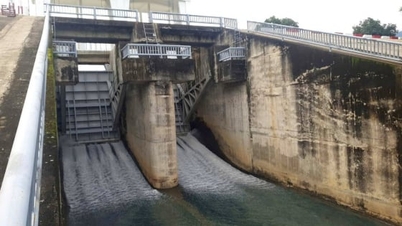

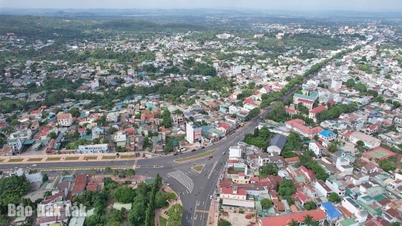

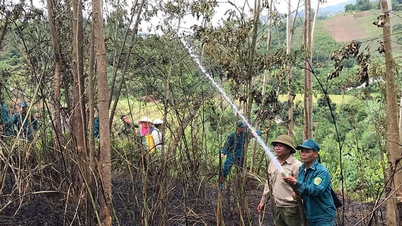



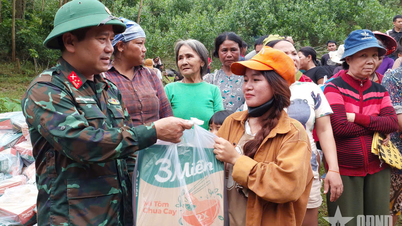

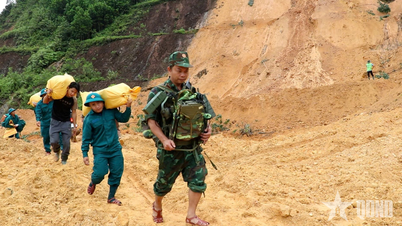
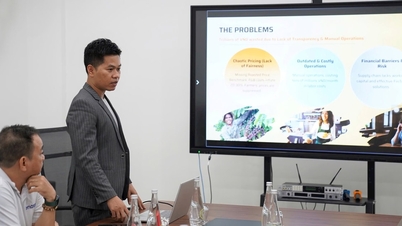



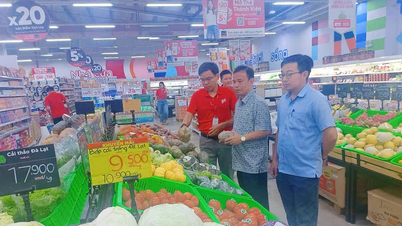

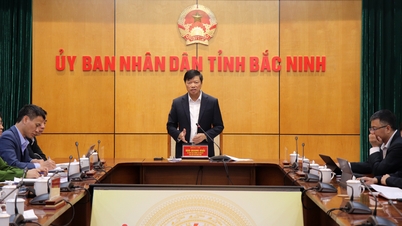









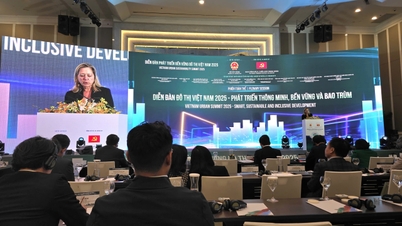
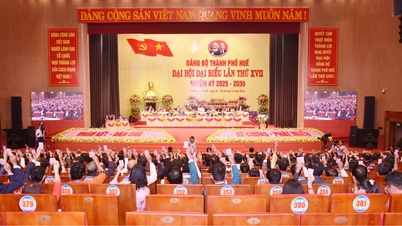
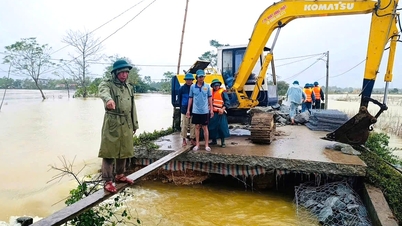
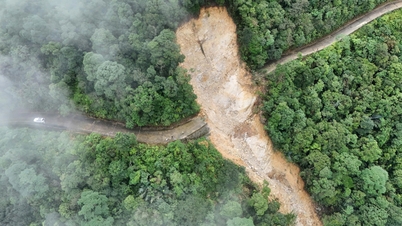
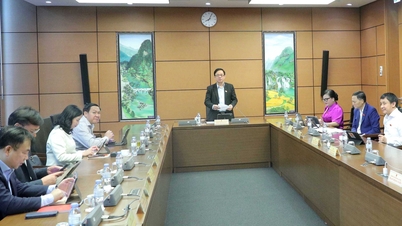

![[Photo] Panorama of the Patriotic Emulation Congress of Nhan Dan Newspaper for the period 2025-2030](https://vphoto.vietnam.vn/thumb/1200x675/vietnam/resource/IMAGE/2025/11/04/1762252775462_ndo_br_dhthiduayeuncbaond-6125-jpg.webp)















































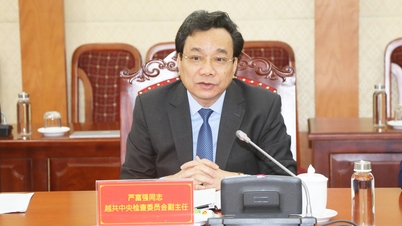

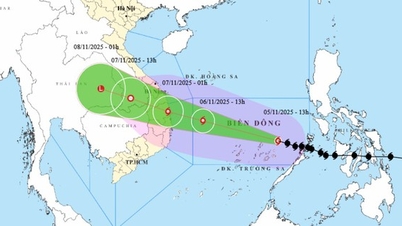



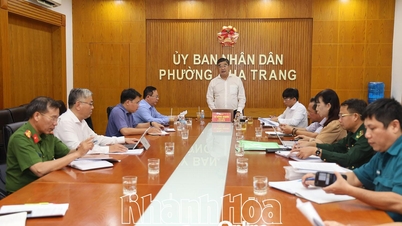

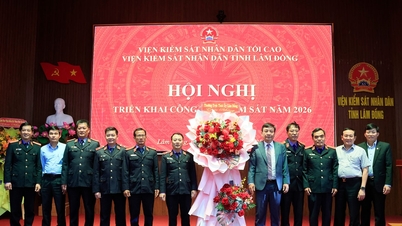
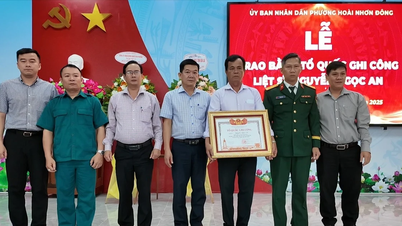
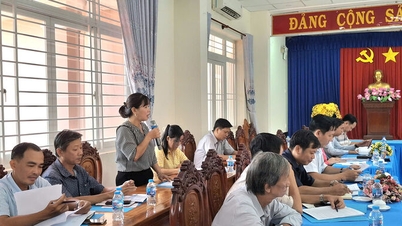

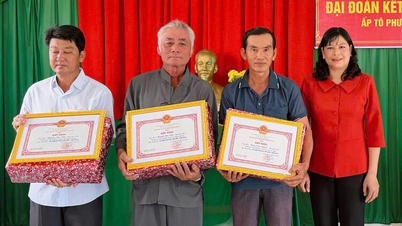
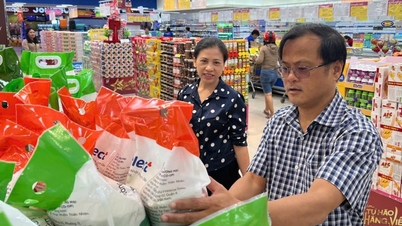















Comment (0)